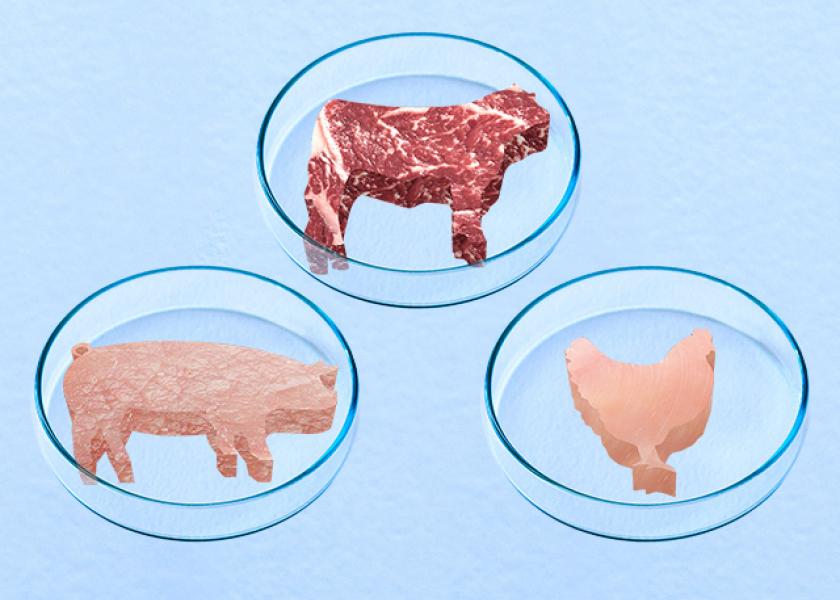NCBA Demands Definitive Labels for Lab-Grown Meat

On Thursday, the National Cattlemen's Beef Association (NCBA) submitted comments to the United States Department of Agriculture's Food Safety and Inspection Service (USDA-FSIS) related to the labeling of meat or poultry products that contain lab-grown animal cells. NCBA believes that the term "beef" should only be applicable to products derived from livestock raised by farmers and ranchers.
As USDA-FSIS works to develop regulatory standards for labeling lab-grown, or cell-cultured, protein products, NCBA is committed to ensuring that product labels are fair, accurate, and will safeguard a level playing field for all protein products competing in the marketplace.
The regulations USDA develops now will play a crucial role in ensuring adequate consumer understanding, and NCBA feels strongly that the best way to accomplish this is through labeling standards that will clearly differentiate these products by way of a "lab-grown" label.
"An NCBA consumer survey showed that when purchasing protein, 74 percent of consumers agree that there should be a definitive indication of whether meat being purchased is lab-grown or conventionally produced," said NCBA Senior Executive Director of Government Affairs Danielle Beck. "If one thing is clear from our research, it's that consumers want clear and definitive labels."
The word "beef" represents a brand that has been cultivated through decades of innovation and stewardship by farmers and ranchers across the U.S. NCBA will continue to engage with both USDA and FDA to ensure that the regulations governing these products are science-based, appropriately prioritize food safety, and promote honesty and fair dealing in the interest of consumers. Read our full comments here.







